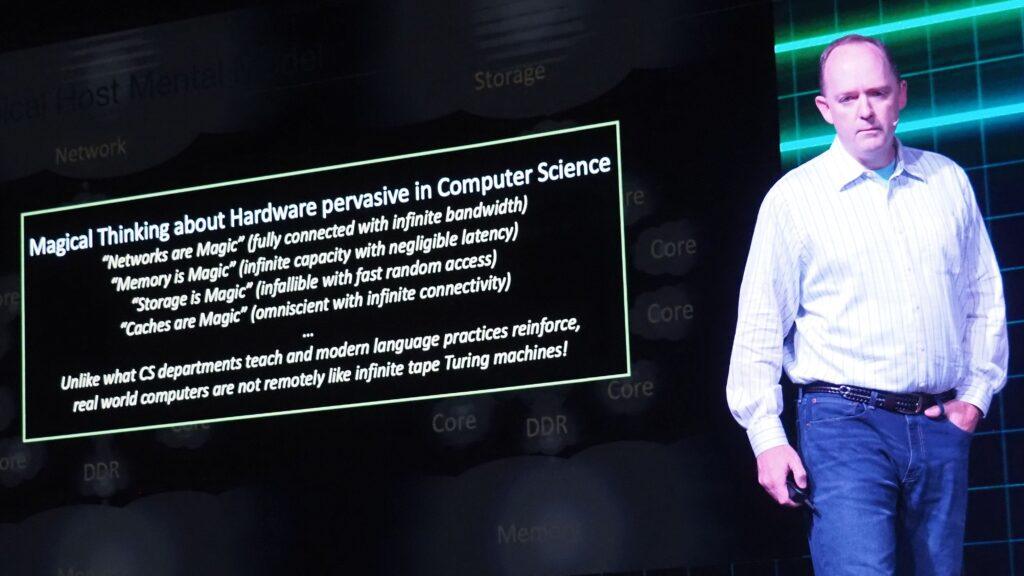Solana is ramping up testing of Firedancer, the highly anticipated software update that promises to greatly increase blockchain processing speed.
By the end of this week, Solana’s core developers want a “super majority” of the processing power on the chain’s low-risk testnet to run through Frankendancer, an early version of Firedancer, according to messages on the Solana technical Discord server.
The call to action for Solana validators (those running computers that power the network) marks Firedancer’s largest test yet. The update has been in the works since 2022, when the chain crashed frequently, and is seen as an increase to Solana’s stability and speed.
Firedancer proponents believe the software, developed by the crypto arm of trading giant Jump, will give Solana an unbeatable advantage in the cryptocurrency race to attract global financial markets to blockchains. They point to its theoretical speed: one million transactions per second, orders of magnitude faster than any blockchain-based system today.
Firedancer itself does not have a release date yet. For now, Jump Crypto has only released Frankendancer, which is a hybrid that combines elements of the predominant Firedancer and Solana client architecture. Only a small subset of validators had adopted Frankendancer before this week; many told CoinDesk that they found it buggy and prone to crashing.
“It’s been very difficult to keep that alive and going, but we’ve done it,” said Kollen House, a long-time member of the Solana validator community. He sees the new push for broader adoption of Frankendancer as a sign of the software’s “maturity.”
“If you have the confidence to say, ‘Hey, we want 60% of the testnet running this client,’ then we’ll get there,” House said.
Crypto networks like Solana are powered by hundreds of individual validators. Each independently runs a computer loaded with “client” software that connects them to the network. This decentralization helps blockchains stay secure, but makes system updates much more difficult to coordinate.
For years, the Solana Foundation, a nonprofit organization that manages the network, has partially addressed that coordination dilemma through subsidies. Their “delegation program” helps smaller validators (those who don’t have much SOL at stake and therefore earn less revenue from their on-chain validation work) remain profitable. It frequently cajoles validators into keeping their software up-to-date by threatening to revoke the delegated participation of those who fall behind on updates.
For the first time on Tuesday, the Solana Foundation used that carrot-and-stick grant to directly promote Frankendancer adoption. Validators only have a few days left to switch their testnet systems to the new client before losing their delegated stake.
“Right now, it looks like they’re nailing it,” said Jon, a validation operator who says he’s been running Frankendancer for several months. “About 30% of validators on testnet are running Frankendancer now, but they still think they are behind the vast majority.”




